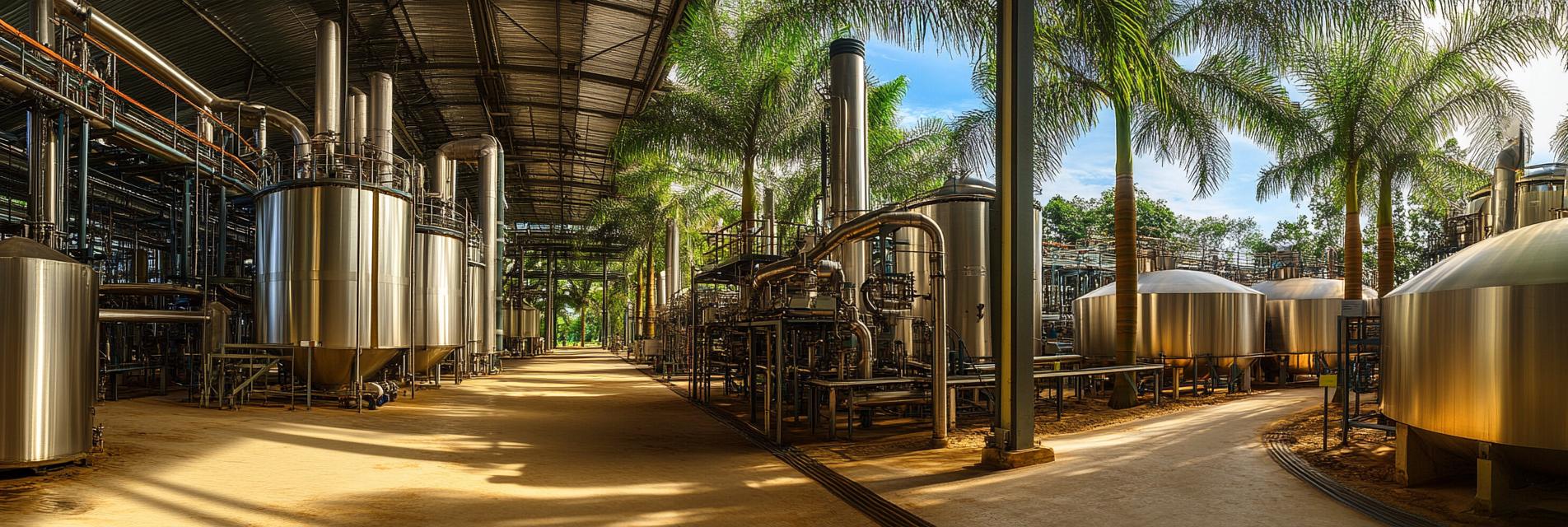The palm oil industry faces numerous challenges, including environmental concerns, waste management issues, and the need for enhanced production efficiency. As global demand for palm oil surges, refineries must adopt sustainable practices that not only comply with regulations but also promote environmental stewardship and economic viability.

In response to these challenges, several innovative solutions have emerged in the palm oil refining sector:
Utilizing state-of-the-art refining technologies can significantly enhance efficiency. Techniques such as membrane filtration, enzymatic refining, and supercritical extraction reduce waste and improve product quality.
Implementing sustainable practices, such as zero-waste initiatives and energy recovery systems, not only lowers operational costs but also aligns with global sustainability goals. Refineries can capitalize on by-products and reduce their environmental footprint.
Adopting digital technologies and automation in refining processes improves monitoring and control, leading to optimized operations and higher yield rates. Data analytics can forecast production needs and minimize downtime.
Investing in efficient palm oil refining not only addresses the environmental concerns but also enhances profitability:
The transition to efficient palm oil refining systems is not just a trend but a necessity. By adopting advanced technologies and sustainable practices, palm oil refineries can position themselves as leaders in a competitive market, ensuring both operational success and environmental responsibility.


